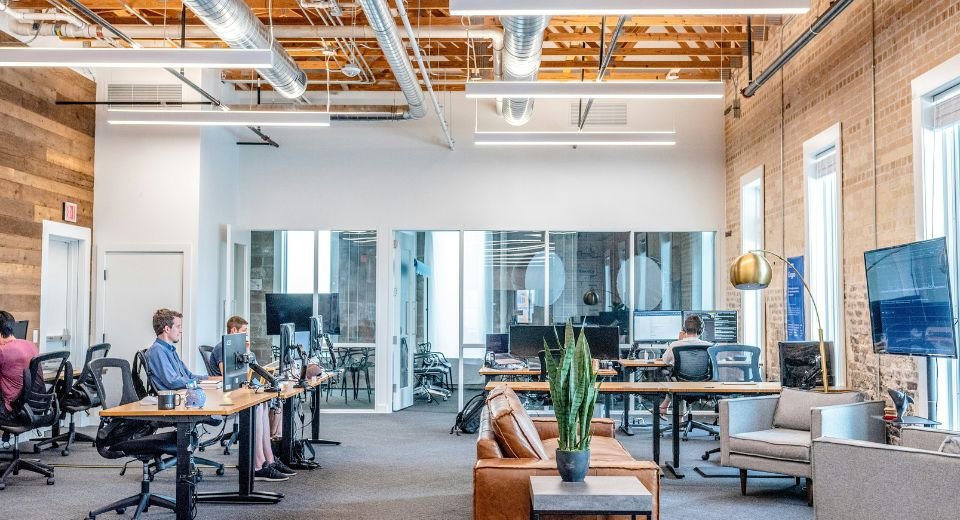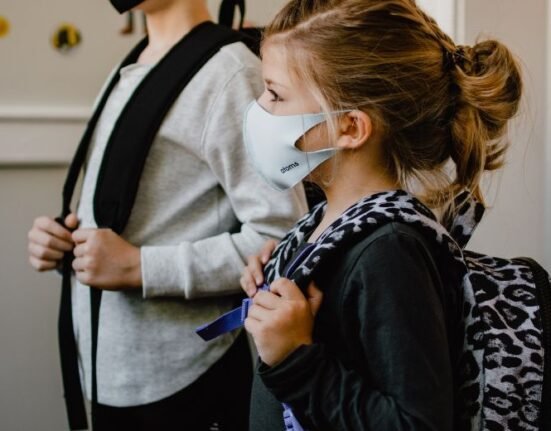By Aparna S
As we inch toward October 10, Mental Health Day, the ‘Workplace Mental Health’ theme for 2024 needs to be put under the microscope. The global theme aims to raise awareness about mental health and encourage public participation in related activities.
Understanding ‘Workplace Mental Health’
Workplace mental health encompasses various factors that affect the well-being of employees. Elements such as shift work, high demands, and stress can increase the risk of mental health issues.
Poor mental health among workers can lead to decreased efficiency, lower job satisfaction, burnout, and increased occupational hazards. Furthermore, since employees are integral parts of their communities, their mental health impacts their families and society at large.
According to the World Health Organization (WHO), depression and anxiety result in a loss of 12 billion working days annually, with indirect costs accounting for 50% of the total societal cost of mental health conditions.
This year’s theme is especially relevant in India, where workplace stress significantly contributes to mental health problems like depression, anxiety, and suicidal tendencies. A recent tragic incident involving Anna Sebastian, a 26-year-old whose sudden death sparked discussions about toxic work culture and employee welfare, highlights this issue.
The Rise of Work From Home
The Covid-19 pandemic popularized working from home (WFH) — initially introduced to maintain productivity during lockdowns. This shift helped alleviate stress in corporate environments.
Global corporations worldwide are now adapting to a “new normal,” where WFH is becoming standard practice, either fully or partially. While seeking a “new normal,” there is growing concern about mental health outcomes associated with WFH.
A study examining WFH experiences during lockdown found that most respondents reported more positive than negative experiences.
Benefits included increased work efficiency, better work-life balance, and reduced commuting time, allowing for more quality time with family and friends. These factors contributed to improved mental health outcomes in the workplace.
Challenges of WFH
Despite its advantages, WFH presents several challenges that need addressing:
- Work-Family Conflict: This issue is particularly pronounced among women who juggle childcare and household responsibilities without adequate partner support.
- Isolation: Working alone can lead to isolation and misunderstandings among team members. Reduced dialogues among colleagues may create role ambiguity and disrupt a healthy work environment.
- Sedentary Lifestyle: WFH often promotes sedentary behaviour, linked to various lifestyle diseases. Studies indicate that individuals working from home may have higher rates of alcohol use and substance dependence compared to those who commute to an office.
As organisations build on the positive aspects experienced during the pandemic, many are inclined to continue WFH arrangements post-Covid-19. The main purpose should be to maintain high performance while supporting employee well-being.
It also offers another advantage; the potential to reduce office space needs.
Return to Office
Balancing its benefits and drawbacks is crucial. Work arrangements should be tailored to individual needs based on job roles, workload demands, family responsibilities, and overall health.
The current calls for returning to office (RTO) have been led by technology giants such as Amazon, Google and Infosys, among others. But, the threat of unionisation, walkouts and resignations have WFH and RTO proponents on either side of the fence.
Many corporations have opted for a mix of WFH and working from an office on certain days. Dialogue is the only option out of the current situation between the leaders and the employees.
For the implementation of a better workplace for mental health, this complex issue that is staring at our faces needs an answer at the earliest.
(Dr Aparna S is a consultant psychiatrist and an Assistant Professor at the Believers Church Medical College Hospital, Tiruvalla, Kerala. Views expressed are her own and not of an organisation or company.)








